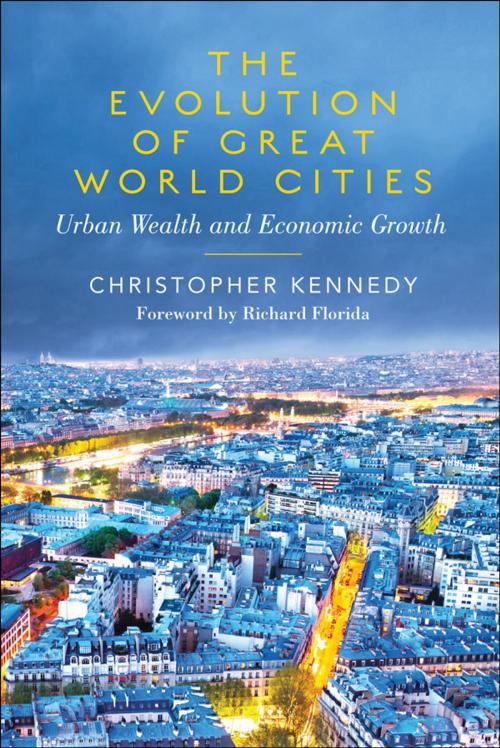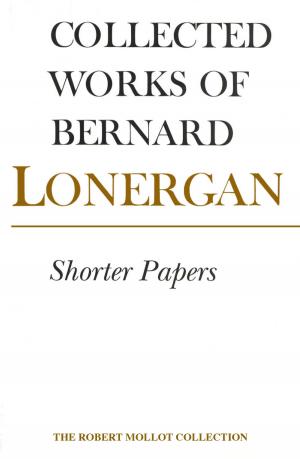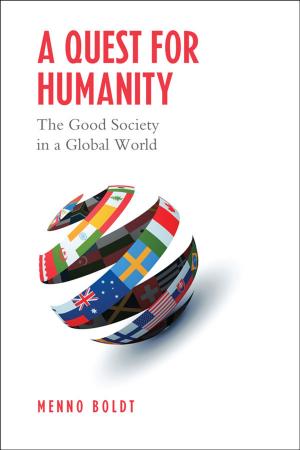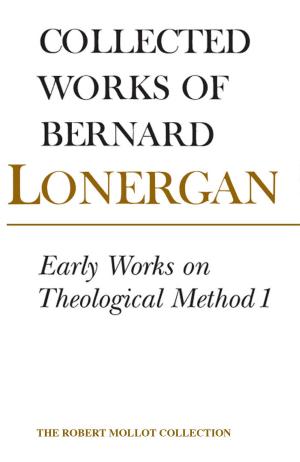The Evolution of Great World Cities
Urban Wealth and Economic Growth
Business & Finance, Economics, Urban & Regional, Economic History| Author: | Christopher Kennedy | ISBN: | 9781442694774 |
| Publisher: | University of Toronto Press, Scholarly Publishing Division | Publication: | August 9, 2011 |
| Imprint: | Rotman-UTP Publishing | Language: | English |
| Author: | Christopher Kennedy |
| ISBN: | 9781442694774 |
| Publisher: | University of Toronto Press, Scholarly Publishing Division |
| Publication: | August 9, 2011 |
| Imprint: | Rotman-UTP Publishing |
| Language: | English |
Some cities seem destined to become major financial capitals, yet never do—Seville, for instance, was the centre of Spain's opulent New World Empire, but failed to become a financial metropolis. Others, like former colonial backwater Hong Kong, defy the odds by growing into major trading centres. What are the key factors distinguishing those cities that become wealthy from those that don't? Christopher Kennedy illuminates how geography, technology, and especially the infrastructure of urban economies allow cities to develop and thrive.
The Evolution of Great World Cities unfolds through the tales of several urban centres—including Venice, Amsterdam, London, and New York City—at key junctures in their histories. Kennedy weaves together significant insights from urbanists such as Jane Jacobs and economists such as John Maynard Keynes, drawing striking parallels between the functioning of ecosystems and of wealthy capitals. The Evolution of Great World Cities offers an accessible introduction to urban economies that 'will change the way you think about cities.'
Some cities seem destined to become major financial capitals, yet never do—Seville, for instance, was the centre of Spain's opulent New World Empire, but failed to become a financial metropolis. Others, like former colonial backwater Hong Kong, defy the odds by growing into major trading centres. What are the key factors distinguishing those cities that become wealthy from those that don't? Christopher Kennedy illuminates how geography, technology, and especially the infrastructure of urban economies allow cities to develop and thrive.
The Evolution of Great World Cities unfolds through the tales of several urban centres—including Venice, Amsterdam, London, and New York City—at key junctures in their histories. Kennedy weaves together significant insights from urbanists such as Jane Jacobs and economists such as John Maynard Keynes, drawing striking parallels between the functioning of ecosystems and of wealthy capitals. The Evolution of Great World Cities offers an accessible introduction to urban economies that 'will change the way you think about cities.'















